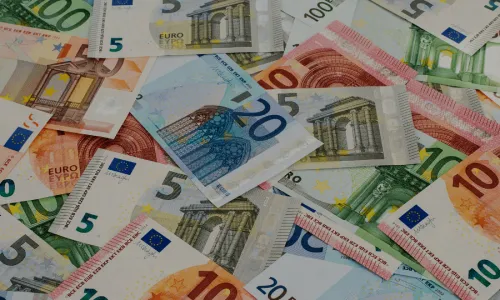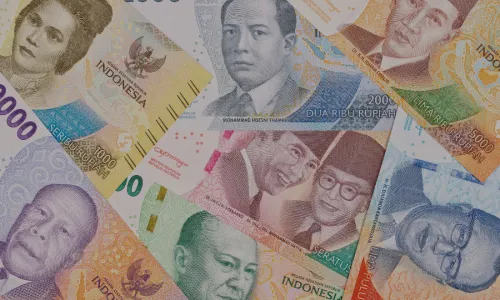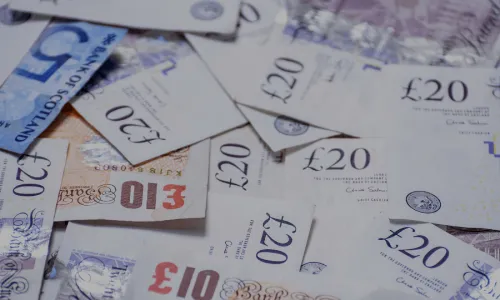Key Takeaways about the New Zealand Dollars (NZD)
New Zealand’s national currency is the New Zealand Dollar (NZD), a widely traded currency in the Oceania region and the unit you will use for everyday spending across the country.
Understanding the factors that move the "Kiwi", such as tourism flows, inflation, and central bank policy, will help you make more informed exchange decisions.
1. What is the New Zealand Dollar (NZD)?
The New Zealand Dollar (NZD) is the official currency and is represented by the symbol $ or NZ$. It is issued and managed by the Reserve Bank of New Zealand and is used for all retail purchases, transport, and services in the country.
2. Historical overview
The NZD has evolved alongside New Zealand’s economic development. Earlier monetary systems were linked to commodity values, and the modern NZD emerged as the country’s monetary framework became standardized.
3. The NZD and inflation
Inflation affects purchasing power and can influence how the currency performs over time. The NZD’s value responds not only to domestic price changes but also to broader regional and global economic events.
4. AUD to NZD exchange rates
The AUD to NZD exchange rate is influenced by interest-rate expectations, inflation trends, and trade flows. Because AUD is sensitive to commodity cycles, the cross rate may shift even without major local news.
5. High-Security polymer banknotes
In 1999, New Zealand became one of the first countries to adopt polymer banknotes. These plastic notes are waterproof, more durable, and incorporate advanced security features that make them harder to counterfeit.
6. The NZD’s global ranking
The NZD is actively traded in regional and global FX markets. This liquidity means it is commonly available through major FX providers for travellers exchanging AUD to NZD.
7. Using the NZD in New Zealand
While cards are widely accepted in cities, cash is still common for markets, street food, tips, and local transport—particularly outside major tourist areas.
8. The role of tourism
Tourism is a major source of foreign currency inflows for New Zealand and can influence demand for NZD, especially during peak travel periods.
9. Understanding rate movements
The AUD to NZD rate can move based on trade balances and policy decisions, but also on market expectations regarding economic performance.
10. Statistical insights
Avoid anchoring decisions to fixed predicted ranges, as exchange rates can change quickly due to global market dynamics and regional shocks.
Table of contents
- The Significance of the Kiwi Nickname
- Among the Most Exchanged Coins Worldwide
- The NZD's Impact from Tourism
- A Currency Linked to Commodities
- Extended-Life Polymer Banknotes
- The Reserve Bank of New Zealand's (RBNZ) Function
- As a Safe-Haven Currency, the NZD
- A Currency That Is Free-Floating
- Digital Currency of the Future
- NZD and New Zealand's Commitment to Sustainability
Need to exchange AUD to NZD?
Order your currency online and enjoy 0% commission and the best exchange rates online.
Read about other currencies
10 interesting facts about Euros
The euro stands as one of the world's most influential currencies, symbolizing the economic integration and stability of the Eurozone. In this post, discover 10 interesting facts about the euros.
10 interesting facts about the IDR
Discover 10 intriguing facts about the Indonesian Rupiah, backed by comprehensive statistics and data. offering a detailed look into this essential aspect of Indonesia's financial system.
10 interesting facts about GBP
In this post, we reveal ten amazing facts about the GBP that will help you understand its importance on the world stage and how it affects the choices you make about investments and travel.


